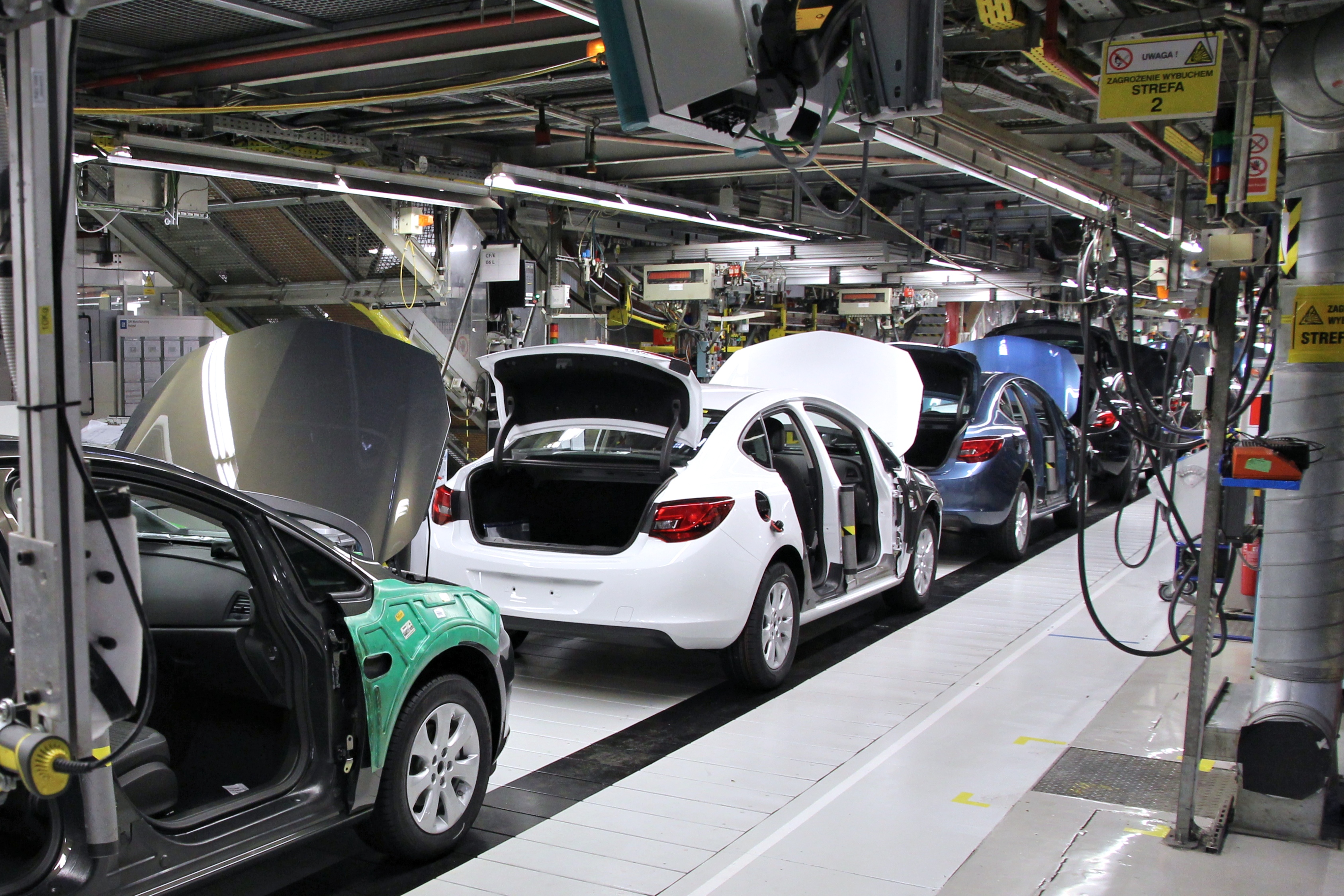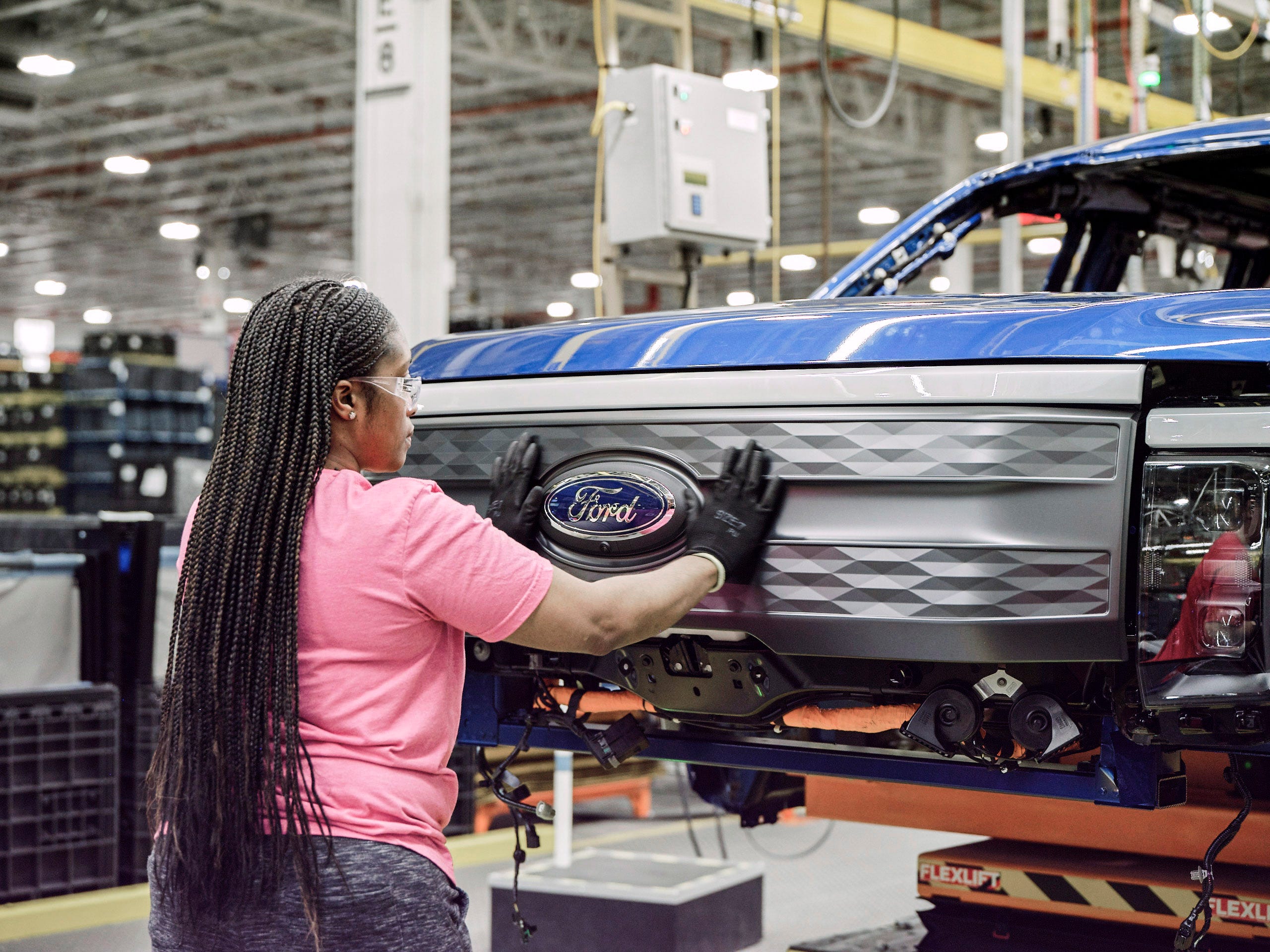
More than 400 workers in South Africa’s automotive industry face job losses after Ford Motor Company of Southern Africa confirmed a planned reduction in its workforce.
- Ford Motor Company of Southern Africa announces layoffs affecting over 400 workers.
- The decision targets workforce reductions at Silverton and Struandale production facilities.
- This strategic move aims to align production with current and future market demands.
- Economic and political uncertainties are cited as underlying challenges for the industry.
The company said the move was necessary to align its manufacturing operations with current and future market conditions.
Ford, in a statement, noted that the job losses were part of “ongoing efforts to optimise production and respond to evolving market demands.”
According to the South African Solidarity union, the decision will affect over 470 employees, with 391 operator positions at Ford’s Silverton assembly plant in Pretoria, 73 roles at the Struandale engine plant in Gqeberha, and 10 administrative jobs.
The company stressed that the adjustments were essential to maintain competitiveness, but unions have expressed concern over the wider implications for South Africa’s auto sector. “When an automotive giant like Ford takes such drastic steps, it is a warning to the entire industry,” said Willie Venter, deputy general secretary of Solidarity.
He added that economic pressures, political uncertainties, and government policies were contributing to the industry’s decline. “We fear that further retrenchments in this industry may be inevitable if conditions do not improve quickly,” he warned.
The cuts highlight the mounting challenges facing South Africa’s automotive industry, long regarded as a key pillar of the country’s manufacturing base.

Challenges in South Africa’s auto industry
South Africa’s automotive industry, which employs 115,000 people, is under strain from weak domestic sales, rising imports, and low local content.
Trade Minister Ebrahim Patel said these pressures have led to 12 company closures and over 4,000 job losses in the past two years.
Toyota, Ford, Volkswagen, and Mercedes-Benz have urged stronger government support, warning that with 64% of vehicles sold now imported and localisation stalled at 39%, competitiveness is eroding. U.S. tariffs have further weighed on South Africa’s R28.7 billion ($1.64 billion) exports.
The suspension of Mercedes-Benz’s C-Class production in East London highlights the sector’s fragility. Renai Moothilal of the National Association of Automotive Component and Allied Manufacturers said such cuts are increasingly common and stressed that the 2025 review of the Automotive Production and Development Programme must protect vulnerable suppliers.
Elsewhere, Africa’s auto markets are surging. Morocco’s new car sales jumped 36% in the first half of 2025, while Egypt’s rose 128% in May.
At home, South Africa’s industry still contributes 5.2% to GDP, with June sales up 18.7% year-on-year, though export weakness indicates an uneven recovery and uncertain outlook.












